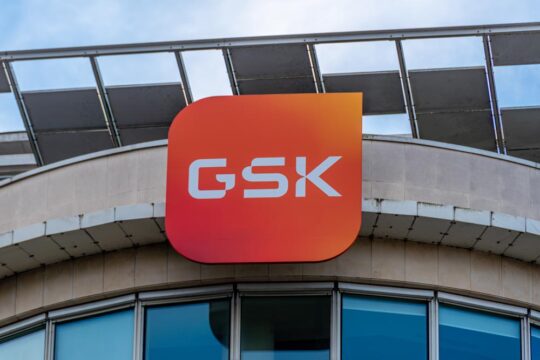Advertisment
ESMO 2011 Report – Promising results in the management of advanced basal cell carcinoma
by Dr Sunil Upadhyay – Basal cell carcinoma is the most common malignancy in the world. Its incidence is common in people with fair skin due to excessive exposure to sun. Most of these cancers are cured by surgery or superficial radiotherapy. However, despite increased awareness and successful treatment outcome, a small proportion progress to locally advanced disease (laBCC) or metastatic basal cell carcinoma (mBCC). On many occasions, the anatomical position of the lesion makes them difficult to control. Rarely, associated co-morbidities can be an important factor leading to suboptimal outcome. Many of these lesions are known to cause disfiguring and debilitating effects. Sometimes they can be life threatening as well. Unfortunately, lack of a standard of care remains a long-standing unmet need for these unfortunate patients.
The hedgehog signalling pathway is one of the key regulators of cellular development in to different body parts. Malfunction of this signalling is known to be responsible for the development of cancers like basal cell carcinoma in a high proportion of patients. Activation of SMO or functional loss of PTCH is found in over 90% of basal cell cancers. Agents that specifically target hedgehog signalling pathways are being actively developed and one such agent, vismodegib has shown promising activity in many tumours like advanced basal cell carcinoma, colorectal cancer, small cell lung cancer and others.
The results of a pivotal multicentre Phase II trial evaluating efficacy and safety of the hedgehog pathways inhibitor (HPI) vismodegib in patients with advanced basal cell cancer was presented on behalf of the ERIVANCE BCC investigators by Luc Dirix, Department of Medical Oncology University Hospital Antwerp Wilrijkstraat, Belgium at ESMO 2011. In this registration, non-randomised study, patients (n=104) with histologically confirmed locally advanced, inoperable (n=71) or metastatic basal cell cancer (n=33) were given vismodegib 150mg orally daily until progression. The primary end point was objective response rate and the secondary end points were overall response rates, duration of response, PFS and absence of residual BCC on biopsy (laBCC only).
Table1. Vismodegib: ORR in mBCC.
|
mBCC (n=33) IRF INV |
||
| Responders, n (%) |
10 (30.3) |
15 (45.5) |
| Stable disease, n (%) |
21 (63.6) |
15 (45.5) |
| Progressive disease, n (%) |
1 (3.0) |
2 (6.1) |
| Un-evaluable/missing, n (%) |
1 (3.0) |
1 (3.0) |
| 95% CI for objective response |
(15.6 – 48.2) |
(28.1 – 62.2) |
| p-value | 0.0011 | |
| Median duration of response, month (range) |
7.6 (2.1+ – 11.1+) |
12.9 (1.9+ – 12.9) |
The data presented showed that vismodegib demonstrated a significant objective response rate in metastatic basal cell carcinoma (Table 1).
Maximum decrease in the tumour size was confirmed by the independent review body. Vismodegib demonstrated a significant objective response rate in locally advanced basal cell cancer as well (IRF=42.9%; INV=60.3%, p<0.0001) with a median duration of response of 7.6 months, confirmed by independent review. The most common adverse effects were muscle spasms, alopecia, alterations of taste, weight loss, fatigue, nausea, poor appetite and diarrhoea. However, discontinuation of the study drug due to adverse events was reported in 1 (3.0%) in mBCC and 5 (15.5%) in laBCC patients. It was concluded that vismodegib provides substantial clinical benefit for patients with advanced BCC, predominantly with mild to moderate side effects. Therefore, targeted inhibition of hedgehog signalling with vismodegib is a potential new therapy for patients with advanced basal cell cancer. (1BA, EMCC 2011)





